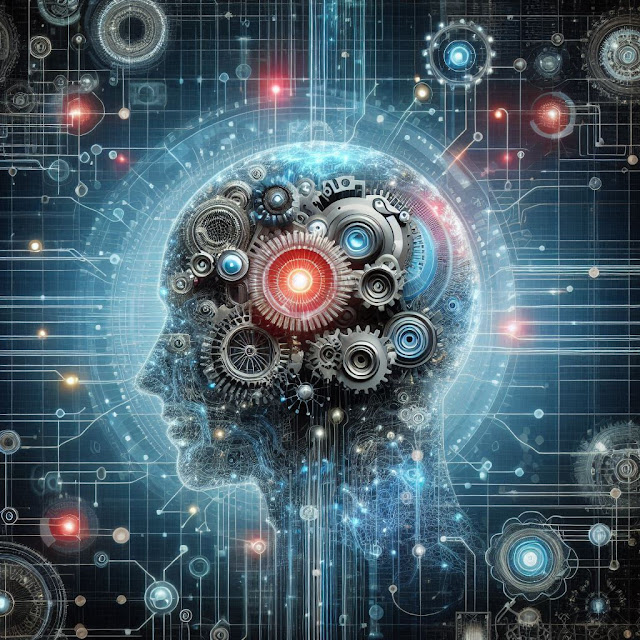Introduction
Artificial Intelligence (AI) is a revolutionary technology that allows machines to mimic human thinking, problem-solving, and decision-making. But how does AI actually work? This article will explore the mechanisms behind AI through a question-and-answer format.
1. What is Artificial Intelligence?
AI refers to the ability of computers to perform tasks that typically require human intelligence, such as learning, reasoning, problem-solving, and understanding language. AI systems process large amounts of data, recognize patterns, and make predictions based on algorithms.
2. How Do AI Systems Learn?
AI learns through a process called machine learning. There are three main types:
Supervised Learning: AI is trained using labeled data, where it learns by example.
Unsupervised Learning: AI finds patterns in data without guidance, discovering relationships on its own.
Reinforcement Learning: AI improves its performance by receiving positive or negative feedback from its actions.
3. What Are Neural Networks in AI?
Neural networks are computational models inspired by the human brain. They consist of layers of interconnected "neurons" that process information. Deep learning, a subset of AI, uses multi-layered neural networks to solve complex problems like image recognition, language processing, and autonomous decision-making.
4. How Do AI Assistants Understand Human Language?
AI-powered assistants use Natural Language Processing (NLP), which enables machines to understand, interpret, and respond to human language. NLP involves techniques such as speech recognition, sentiment analysis, and text generation, allowing AI to communicate naturally.
5. Can AI Think Like Humans?
AI can simulate reasoning and decision-making, but it does not possess emotions, consciousness, or genuine understanding like humans do. AI relies entirely on data-driven logic rather than subjective experiences or personal intuition.
6. What Are the Risks of AI?
While AI offers incredible benefits, there are concerns about data privacy, bias in decision-making, job displacement, and ethical dilemmas regarding AI autonomy. Responsible development and regulation are necessary to ensure AI benefits humanity.
Conclusion
Artificial Intelligence is transforming the world, enabling smarter automation, deeper insights, and human-like interaction. While AI cannot truly replace human intelligence, it enhances capabilities in countless fields. Understanding its mechanisms allows us to embrace AI's potential while addressing its challenges responsibly



